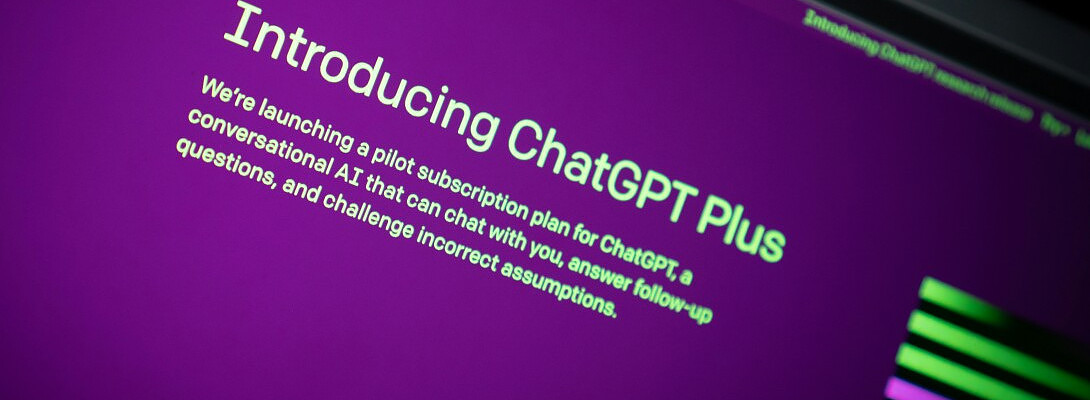Amazon's Associate Program: Exposing Amazon's New AI Policy
Amazon says program content should not be used in connection with generative AI
If you're an affiliate marketer who promotes Amazon products through the Amazon Associates Program, you're likely keeping an eye on the changes Amazon makes to its operating agreements.
Come March 1st, Amazon is rolling out updates to its Operating Agreement, and one significant change stands out:
They've revised Section 5 of the Participation Requirements to explicitly state that Program Content and Special Links should not be utilized in connection with generative AI.
Now, let's unpack why this alteration is causing a stir among Amazon Associates and why it warrants a collective response.
1. Diverse AI Detection ResultsIt's essential to recognize that different AI detection tools yield varying results. So, which criteria will Amazon employ to determine if "program content" was used alongside generative AI?
Amazon Associates deserve clarity on this matter. However, Amazon might withhold such specifics to avoid scrutiny.
2. Lack of Definitive ProofNo AI detection software boasts 100% accuracy. Claims of 99% accuracy often lack substantive evidence, as seen in studies like those endorsing Copyleaks' tool.
These studies sometimes rely on articles penned by computer science students, hardly representative of typical online content creators.
3. Transparency in Evidence PresentationShould Amazon implement this rule, they should provide concrete evidence to accused Associates linking them to "program content" used with generative AI. Transparency ensures Associates can contest such claims effectively.
4. Distinguishing Robotic from AI ContentThere exists a stark contrast between robotic-sounding content and AI-generated material. While formal, third-person articles may sound mechanical, they're not necessarily AI-generated. False accusations of AI usage are unjust.
5. Potential Abuse of AuthorityThis new clarification appears to grant Amazon broad discretion to expel Associates based on AI detection results, irrespective of accuracy. False positives could unfairly penalize Associates, eroding trust in Amazon's enforcement mechanisms.
6. Ambiguity Surrounding "Connection with Generative AI"What exactly constitutes "connection with generative AI"? Does it encompass any content on websites, blogs, or social media that AI might have influenced?
Clarity from Amazon is imperative to prevent misinterpretation and unwarranted expulsions.
Insights into AI Detectors
Many AI detectors boast extensive studies and high accuracy rates.
However, the lack of transparency regarding the studied articles' characteristics and authors' demographics raises doubts about their reliability in discerning AI-generated content.
Final Thoughts
The impending language shift in the Amazon Associate's Operating Agreement raises concerns.
Amazon must refine its wording to provide specificity and alleviate apprehensions among those affiliated with the program.
Clarity, transparency, and fairness are paramount in addressing the challenges posed by AI detection and safeguarding the interests of Amazon Associates.
Join FREE & Launch Your Business!
Exclusive Bonus - Offer Ends at Midnight Today
00
Hours
:
00
Minutes
:
00
Seconds
2,000 AI Credits Worth $10 USD
Build a Logo + Website That Attracts Customers
400 Credits
Discover Hot Niches with AI Market Research
100 Credits
Create SEO Content That Ranks & Converts
800 Credits
Find Affiliate Offers Up to $500/Sale
10 Credits
Access a Community of 2.9M+ Members
Recent Comments
1
Join FREE & Launch Your Business!
Exclusive Bonus - Offer Ends at Midnight Today
00
Hours
:
00
Minutes
:
00
Seconds
2,000 AI Credits Worth $10 USD
Build a Logo + Website That Attracts Customers
400 Credits
Discover Hot Niches with AI Market Research
100 Credits
Create SEO Content That Ranks & Converts
800 Credits
Find Affiliate Offers Up to $500/Sale
10 Credits
Access a Community of 2.9M+ Members

This is a pretty sweeping update and gives Amazon more power to just "shut off accounts" that are earning money. I am not so sure they want affiliates, but we will see once this is implemented the impact that it has.
Spun AI sites would likely be the focus (if I was acting in their shoes) as I know many affiliate networks are crashing down on those as well, which is fine and good in my opinion. But there is a lot of ambiguity in how they will be checking, and WHO is making the decisions on this.
Some AI content is good, and of course there are ways to generate content from AI (like through our Author platform here), that is very much human like and out of the box is better than 99% of people's content they would have created typing out...and very personable.
I have tested every single generative AI platform "checker" and none of them are accurate with 100% confidence, in fact they are wrong more than they are right.
Time will tell, but like you said AI "detection" is going to be the issue here as all the tools out there operate differently and are not all that effective in their assessments.